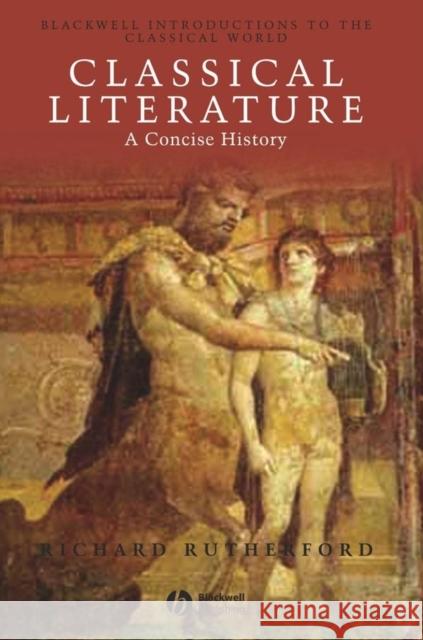Classical Literature » książka
topmenu
Classical Literature
ISBN-13: 9780631231325 / Angielski / Twarda / 2004 / 372 str.
This accessible one-volume survey of the literature of Greece and Rome covers the period between Homer around 700 BC and Augustine around AD 410.
- Highlights what is important historically and of continuing interest and value in classical literature.
- An introduction by the editor presents essential information in a concise, accessible way.
- Each chapter focuses on a particular genre or area of literature.
- This structure allows readers to see continuities between different periods and to move easily between the Greek and Roman worlds.
- Includes extensive quotations in English.
- A timeline and an index of authors help to make the material as accessible as possible.











